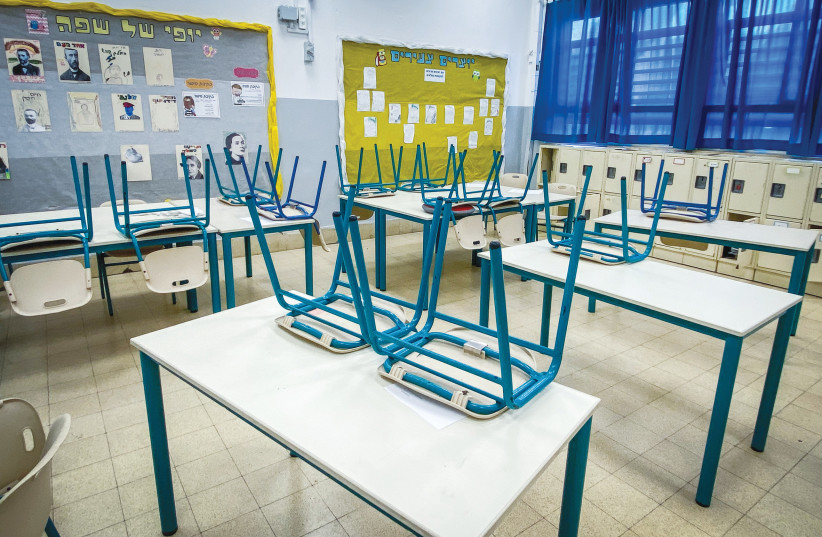A Catholic school system in Massachusetts in the United States has changed its policy to enforce students using their pronouns assigned at birth and their birth names in an attempt to limit transgender identities being expressed at school, according to a report by the New York Times.
The school’s policies, which have drawn harsh criticism, instruct students to conduct themselves in a manner “consistent with their biological sex.” It is unclear whether this policy will enforce traditional gender roles onto students on top of stopping the expansion of gender identities at their schools. It is unclear how the policy will be applied to intersex students.
The policy also states that “Students may not advocate, celebrate, or express same-sex attraction in such a way as to cause confusion or distraction in the context of Catholic school classes, activities, or events.”
The policy will impact 21 Catholic schools in Worcester, and be applied to over 5,000 students from the start of the fall semester.
“While some schools had policies in place, others did not. Individual situations were arising which underscored a need for a single policy which clearly states Church teaching and provides consistent application of that teaching across all our schools,” said David Perda, Ph.D., superintendent of Catholic Schools for the diocese in a statement published by the school.

The statement cites Canon Law, whereby it says “Children and youth are to be nurtured in such a way that they are able to develop their physical, moral, and intellectual talents harmoniously, acquire a more perfect sense of responsibility and right use of freedom, and are formed to participate actively in social life.”
“Pope Francis has repeatedly stressed the importance of a proper understanding of our sexuality, warning of the challenge posed by ‘the various forms of an ideology of gender that denies the difference and reciprocity in nature of a man and a woman and envisages a society without sexual differences’.”
“Pope Francis further notes that ‘biological sex and the sociocultural role of sex (gender) can be distinguished but not separated,’ and that although we must always be ‘understanding of human weakness and the complexities of life,’ that does not require us to ‘accept ideologies that attempt to sunder what are inseparable aspects of reality’ (Ibid). … The Holy Father then stresses that ‘the young need to be helped to accept their own body as it was created,’ so that ‘we can joyfully accept the specific gifts of another man or woman, the work of God the Creator.”
“As Pope Francis notes, we must always respect the sacred dignity of each individual person, but that does not mean the Church must accept the confused notions of secular gender ideology.”
The controversial history of the Roman Catholic Diocese of Worcester
Bishop Robert McManus of the Roman Catholic Diocese of Worcester, one of the powerhouses behind the new policy, made headlines in February after he refused to allow the name of priests involved in the child sexual abuse scandals from 1950-2022 from his district to be released, according to NBC15.
McManus, when explaining why he had decided to withhold the publication of the names of priests involved in the scandals, said that the release of identities “will not accurately reflect the various concerns and outcomes.
Such lists can be a cause for deep division among many members of our Church who see this as publicly branding as guilty those who never have been charged by law enforcement or had a chance to defend themselves in a court of law, given the fact that many decades have passed between the alleged abuse and the reporting of that abuse, or because they were already deceased when the allegation was first received.”
Boston Attorney Mitchell Garabedian, who has worked on many priest abuse cases for decades, called the report a “self-serving document” by a diocese that “has allowed the wholesale sexual abuse of children for decades.”
